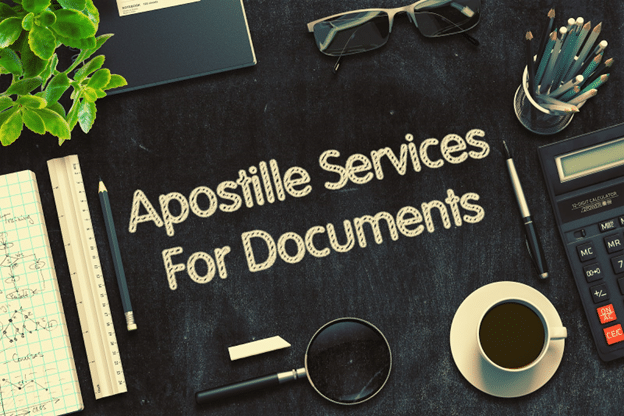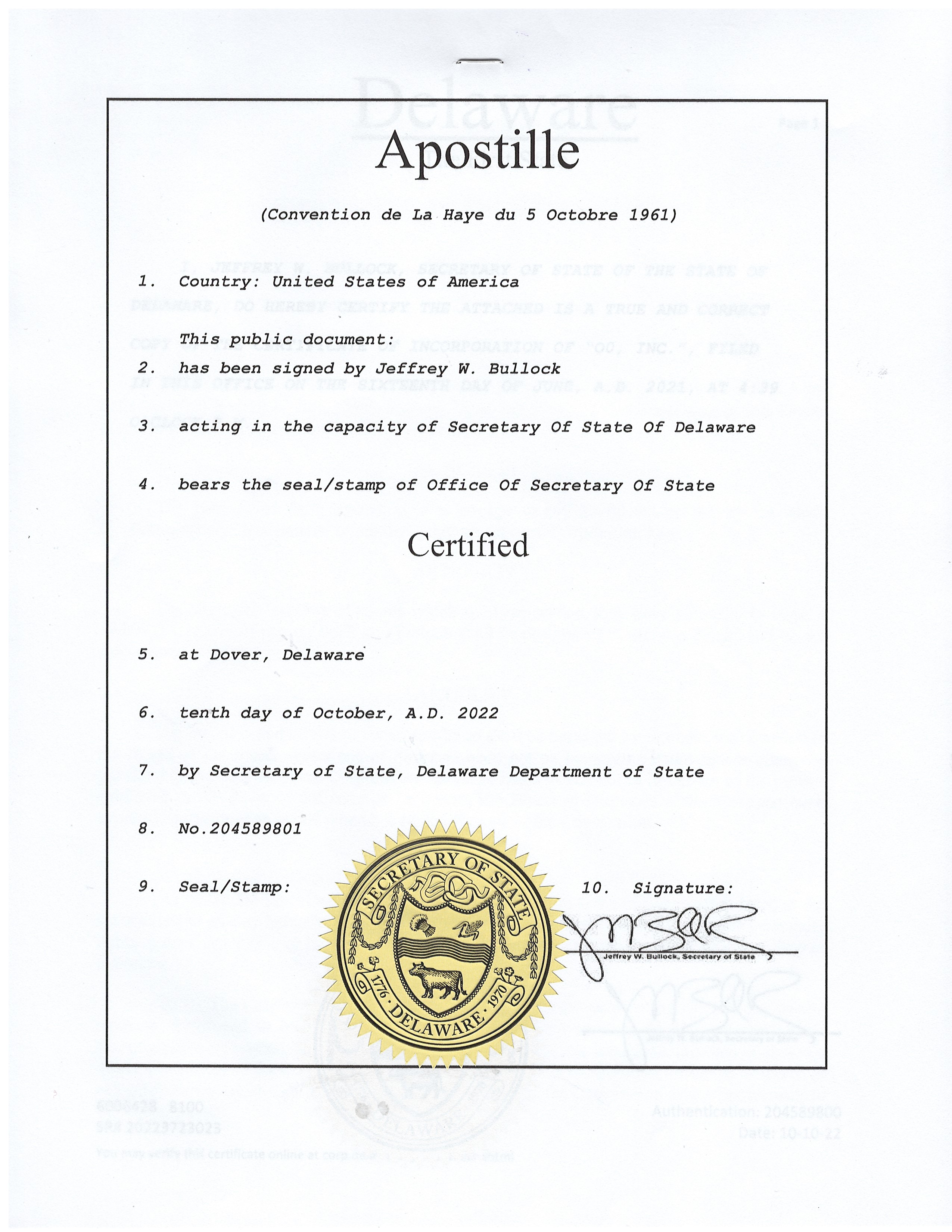Comprehending the Relevance of Apostille Certification and Why It Is Vital for Lawful Documents
Among the different mechanisms offered for this purpose, apostille accreditation stands out as a streamlined and globally recognized method. Comprehending the intricacies and implications of apostille accreditation on legal documents is crucial for people and organizations involving in cross-border tasks.
The Interpretation of Apostille Accreditation
Apostille accreditation is a specialized type of authentication that validates the authenticity of a legal paper for worldwide usage. This accreditation is important for ensuring that papers coming from one country are identified as valid in an additional, streamlining the process of cross-border transactions, lawful procedures, or personal matters like marriage or fostering. The Hague Apostille Convention of 1961 established the structure for this streamlined certification process amongst participating countries.
To obtain an apostille accreditation, the marked authority in the record's country of beginning need to verify the record's authenticity before attaching the apostille. Once attached, the apostille guarantees that the record will be accepted as legitimate in any other nation that is component of the Apostille Convention, without the requirement for further accreditation.
Advantages of Apostille for Legal Documents
The usage of apostille accreditation improves the worldwide recognition process for legal papers, providing significant benefits in promoting cross-border interactions and legal rules. By attaching an apostille certification, the file becomes readily accepted in countries that are component of the Hague Apostille Convention, getting rid of the demand for further verification.
Moreover, apostille qualification boosts the total efficiency of lawful procedures by streamlining the process of confirming the authenticity of a record. Overall, the advantages of apostille certification for legal papers are important in promoting smoother worldwide interactions and guaranteeing conformity with lawful needs throughout boundaries.
Apostille Vs. Legalization: Trick Differences
When comparing the procedures of apostille certification and legalization for lawful records, it is vital to comprehend the crucial distinctions in their corresponding verification approaches. An apostille is a streamlined kind of legalization that is accepted among countries that are component of the Hague Apostille Convention. The apostille procedure validates the credibility of the record and the trademark of the issuing authority. It does not need further consular office or consulate legalisation, making it a much more cost-efficient and uncomplicated technique for verifying files globally.
This process can be a lot more time-consuming and costly contrasted to obtaining an apostille. The selection in between apostille accreditation and legalization depends on the specific demands of the nation where the file will certainly be used.
Nations Approving Apostille Certification

While the Hague Apostille Convention has actually significantly streamlined the procedure of cross-border paper authentication, there are still nations that are not event to the convention - Houston TX Apostille. Therefore, records destined for these nations might require conventional legalisation procedures via consular offices or consular offices. It is critical for businesses and individuals dealing with global transactions to validate the details requirements of the location nation to ensure compliance with their legal requirements
Steps to Get Apostille for Files
To acquire an apostille for your files, you should start by identifying the suitable releasing authority in your nation. When you have determined the right authority, the following action is to guarantee that your record satisfies all the requirements for apostille certification.
After verifying that your document satisfies the requirements, you will need to complete an apostille application offered by the providing authority. This form will certainly call for information concerning the file being authenticated and the nation where it will be used. Together with the completed application, you additional hints will likely require to send the initial paper, a duplicate of your recognition, and any kind of relevant charges.

Verdict
In final thought, apostille qualification plays a crucial role in making sure the home credibility and legitimacy of legal records for global usage (Houston TX Apostille). Comprehending the importance of apostille accreditation is important for individuals and organizations browsing the complexities of cross-border deals check this site out and lawful matters. By obtaining apostille certification, celebrations can simplify the procedure of file confirmation and verification, inevitably conserving time and resources in the global arena
To acquire an apostille accreditation, the assigned authority in the document's country of origin have to verify the file's credibility prior to affixing the apostille. Once connected, the apostille makes certain that the document will certainly be approved as legitimate in any kind of various other country that is part of the Apostille Convention, without the need for more accreditation.
By affixing an apostille certificate, the record becomes readily approved in countries that are part of the Hague Apostille Convention, getting rid of the demand for further authentication.Differentiating between apostille qualification and legalization exposes the differing approval of these verification approaches throughout various nations, with some countries particularly recognizing and adhering to the apostille procedure. The apostille certification is commonly accepted among countries that are component of the Hague Apostille Convention, which presently has 118 participant states.